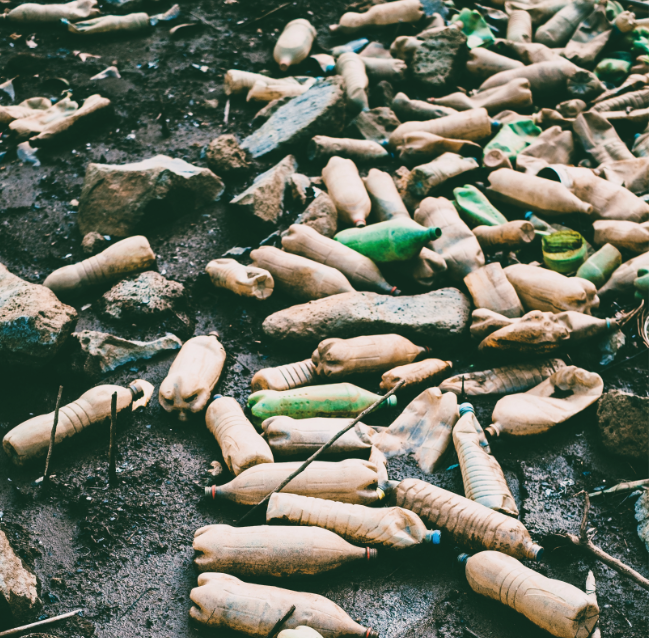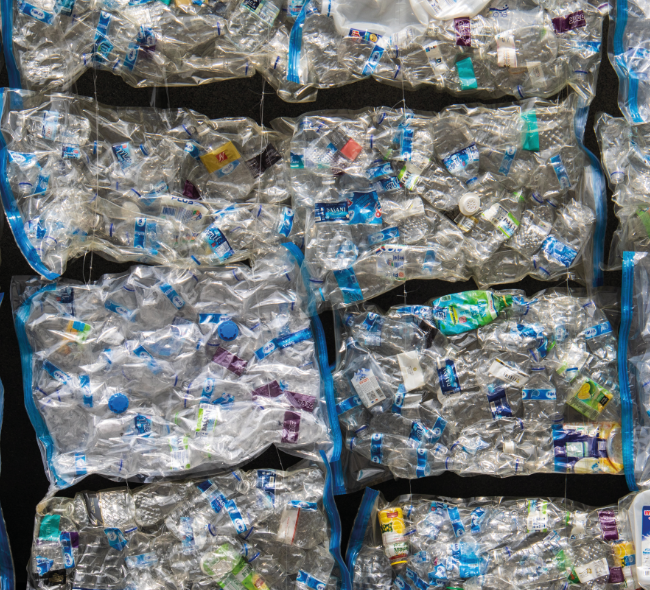Urgent action is required to combat plastic pollution and its detrimental impacts on human health, the economy and the environment.
To mark World Environment Day 2023, Barbara Creecy, Minister of Forestry, Fisheries and the Environment (DFFE), visited two recycling plants in Cape Town that are supported through producer responsibility organisations to gain insights into the roles extended producer responsibility (EPR) schemes are playing in plastic recycling.
The two projects – namely Waste Want in Kraaifontein and CRDC South Africa’s RESIN8 in the Blackheath industrial area – are involved in different aspects of the recycling value chain.
Waste Want employs 200 people and diverts 1 000 tons of plastic waste from landfill every month. CRDC SA RESIN8 is a site where plastic is mixed and converted into an aggregate modifier for the construction industry. The company currently processes 450 kg of waste a day and aims to reach 610 tons per month when it reaches full production.

According to the WWF in SA, a little more than 2.5 million tons of plastic are produced annually. Poor waste-management practices mean that as much as half of post-consumer plastic is not properly disposed of and risks leaking into the environment.
At the second Intergovernmental Negotiating Committee (INC2) on plastic pollution in Paris, SA joined 175 nations in reaffirming its commitment to developing an international, legally binding instrument to end plastic pollution, including in the marine environment, by the end of 2024.
‘During INC2 in Paris, an agreement was reached on a mandate for the preparation of a zero-draft text of the instrument for consideration at the third session of the committee that will be hosted by the Africa region in Kenya, Nairobi from 13 to 17 November 2023,’ according to Creecy.
‘In my view, such an international legally binding agreement aims to bring about greater accountability, co-operation and innovation between government, industry, extended producer responsibility schemes and waste reclaimers to address the plastic pollution problem. In South Africa, the negotiating process is already bringing about greater agreement collaboration between all stakeholders as they work to identify achievable goals to ensure plastic waste and pollution is effectively addressed.’
SA has significant waste-management challenges. These include poor landfill practices and sporadic household-waste collection, as well as unacceptable levels of illegal dumping in many parts of the country.
The country’s EPR schemes for paper and packaging have begun the important work of diverting waste from landfill sites. Last year more than 1.5 million tons of paper and packing was diverted from landfill through recycling, recovery and treatment.
The DFFE is strengthening compliance and enforcement measures especially against free riders that undermine the collective efforts to address waste-management challenges.
‘Our Recycling Enterprise Support programme has, in the past six years, supported 56 start-ups and emerging SMMEs and co-operatives operating within the waste sector, providing more than R300 million in financial support, creating 1 558 jobs, and diverting over 200 000 tons of waste from landfills,’ says Creecy. ‘To support municipalities, we are re-invigorating the Presidential Good Green Deeds programme to focus on cleaning and greening the provincial capitals.’

Cities included are Mangaung, Polokwane, Mbombela, Mahikeng, Sol Plaatjie, Buffalo City, Nelson Mandela Bay, Sedibeng, West Rand, Ekurhuleni, Umsunduzi and the Greater Cape Flats region, including Langa, Mitchells Plain, Khayelitsha, Elsies River, Mfuleni, Philippi and Bonteheuwel.
‘Our programme will see the creation of 2 000 work opportunities per province through the Expanded Public Works programme for a period of 12 months, to support municipalities in the provincial capitals, to clean up dump sites, plant trees and stop littering in selected streets,’ says Creecy.
In these cities additional support will also be given to ensure waste-management authorities have access to yellow fleet vehicles, and there is greater focus on improving landfill compliance and support for the diversion of waste to recycling activities.
Their efforts are being complemented by the 32 waste enterprises that have been supported to increase recycling of construction and demolition waste, plastic, packaging and other waste streams. Visit www.dffe.gov.za to learn more.









